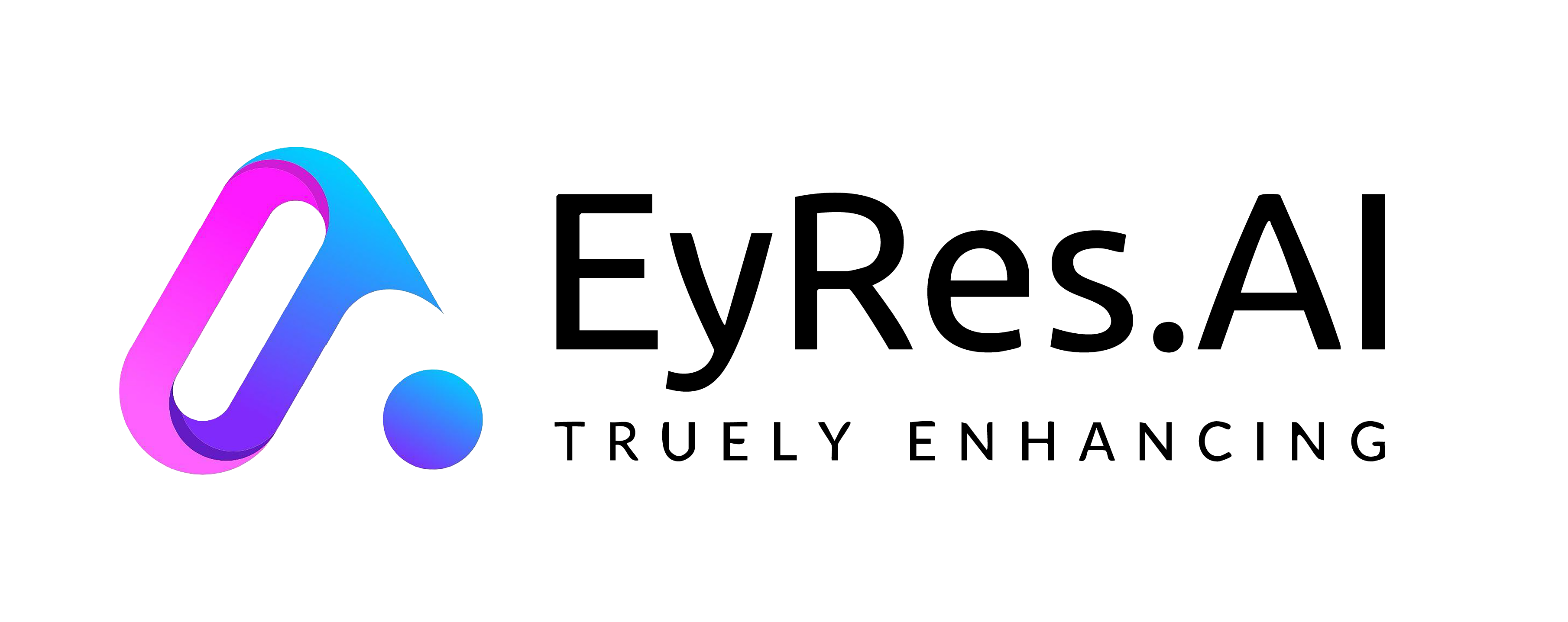Industrial automation involves the deployment of high technology systems including sensors, control systems, robotics, and data analysis for automating machines and procedures with or without any human interface. Major Benefits: - Greater Productivity: Robots work longer and faster than human beings. - Lower Errors: Computerized systems offer greater accuracy and consistency. - Cost Efficiency: It saves labor and reduces wastage. - Real-Time Monitoring: Real-time feedback and on-the-fly adjustment during production. - Enhanced Safety: Reduces human exposure to hazardous environments. From car manufacturing to consumer electronics and pharma, industrial automation ensures quality products and reduces operational risks. Eyres AI Quality control is essential to every production. Defects, inconsistencies, and delays not only erode customer confidence but also cost additional money due to rework and recalls. Industrial automation addresses these issues by employing advanced monitoring and inspection systems. Manual checking in the traditional sense is time-consuming and imprecise. In automation, high-definition cameras and sensors inspect products on the production line in real-time. The systems identify deviations, inconsistencies, or defects—e.g., wrong dimensions, surface imperfections, or missing components—without halting the manufacturing process. Industrial automation allows systems to monitor the performance of equipment in real-time. By tracking parameters such as temperature, vibration, and pressure, automated systems can predict equipment wear and notify maintenance teams beforehand, avoiding wasteful downtime and enhancing operational efficiency.
Industrial automation provides strategic advantages to executives, plant managers, and quality managers in industries: - Lower Defects and Downtime: Reduce human errors and provide higher quality products. - Increased Inspection Speed: High-speed cameras and AI-powered algorithms can analyze and classify defects in milliseconds, drastically reducing inspection cycle times. - Improved Compliance: Routine documentation and traceability for audits. - Scalability & Flexibility : AI-driven systems can be trained to inspect multiple product variants or adapt to new defect types. - Data-Driven Insights: Real-time reporting and analytics enable timely and informed leadership decisions.
What Is Industrial Automation and Why It Matters?
Industry Use Cases Manufacturing: Precise detection of micro-defects and ensures dimensional accuracy in metal parts, plastics, tires and assemblies. Automotive: Robotic arms and CNC machines ensure the same quality every day in thousands of units. Automated systems check for misalignments, missing parts, and weld defects, ensuring safety-critical components meet stringent standards EyresAIQC+ Precision, efficiency, and instant decision-making are important in the contemporary manufacturing age, and industrial automation is a foundation for success. Industrial automation replaces untrained human operations with intelligent technology-based systems to ensure consistency and high output. This blog discusses the ways industrial automation has helped revolutionize quality control—ranging from visual inspection to proactive maintenance—and how it enables companies to attain a higher degree of safety, reliability, and operating efficiency.
Industrial Automation for Quality Control
- Real-Time Defect Detection: Skilled Workforce Requirement: Requires training personnel to run and repair automated equipment.
- Time Management: Data Quality for AI Training:High-quality, diverse datasets are essential for building reliable AI inspection models
- Versatility: Cybersecurity Risks: Those automated systems will have to be protected against outsiders.
- Accurate Defect Classification: Fortunately, continuous innovation and cost reduction in automation technologies are making it progressively possible for firms of any size to adopt.
- Data-Driven Accuracy: None
- Real-Time Decision Making: None
- Pre-Tested AI Model: None
Conclusion: Challenges to Consider
Although the advantages are great, there are still some challenges in using industrial automation: EyresAIQC+, High Initial Costs: Charges for installation and integration may be high.But automation reduces long-term labor costs, rework, and product recalls, delivering a compelling return on investment.

